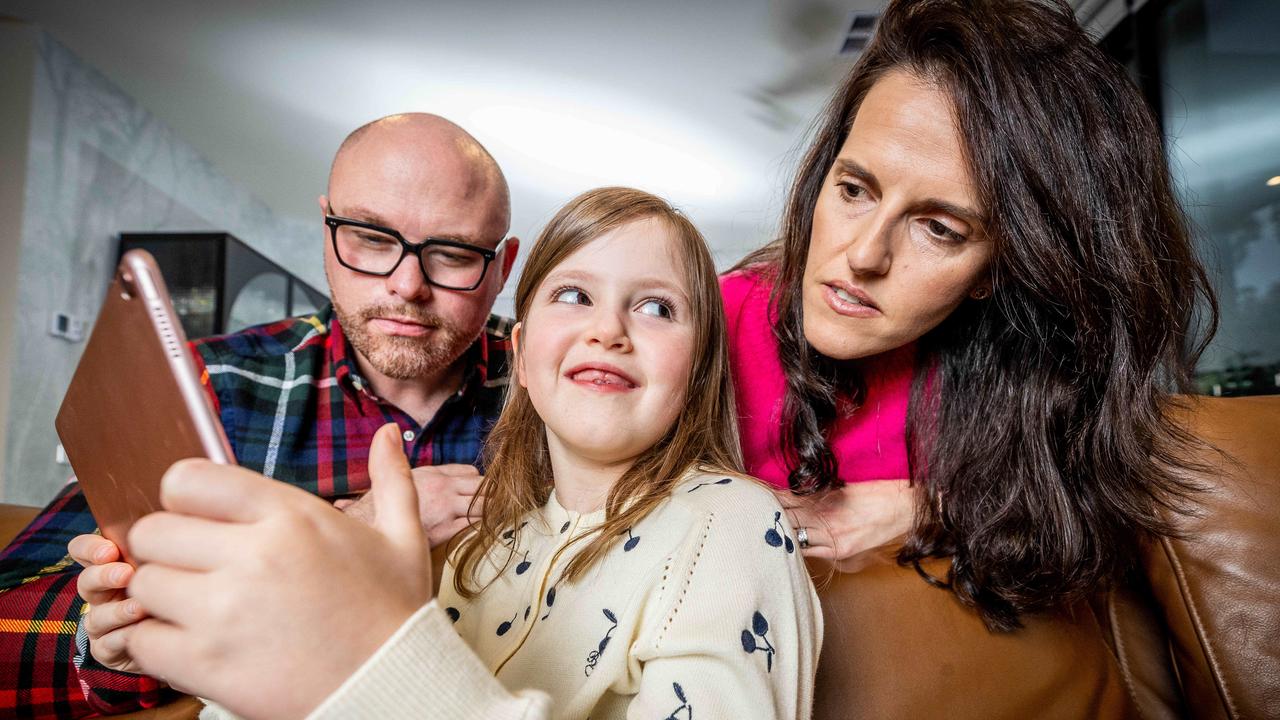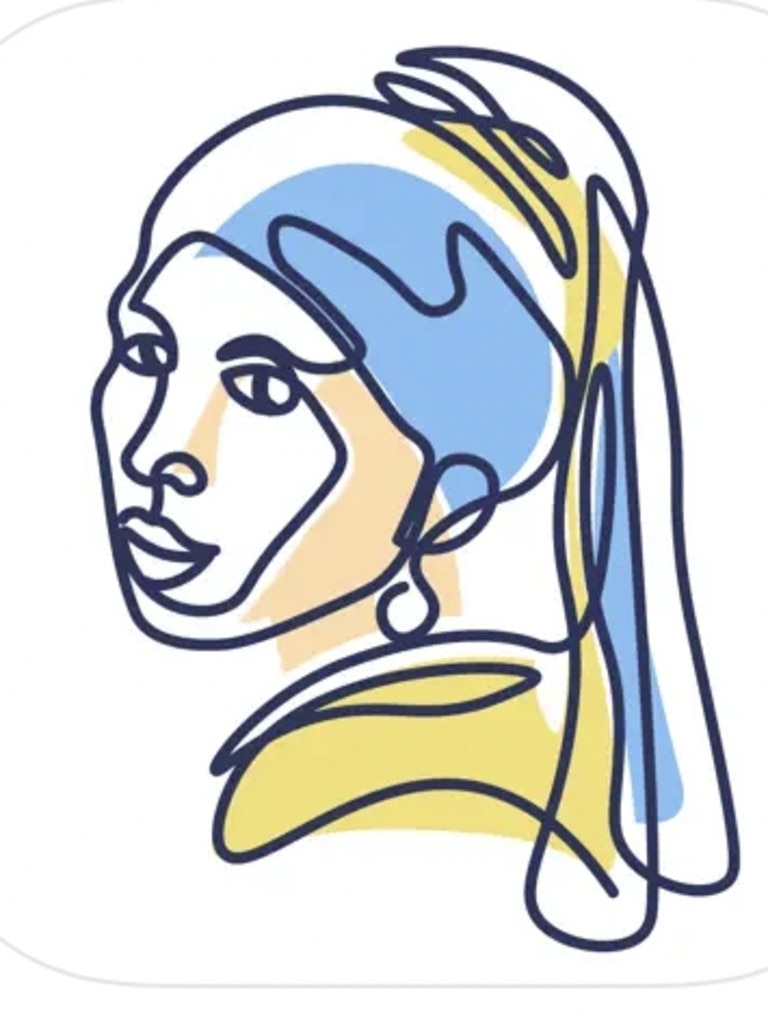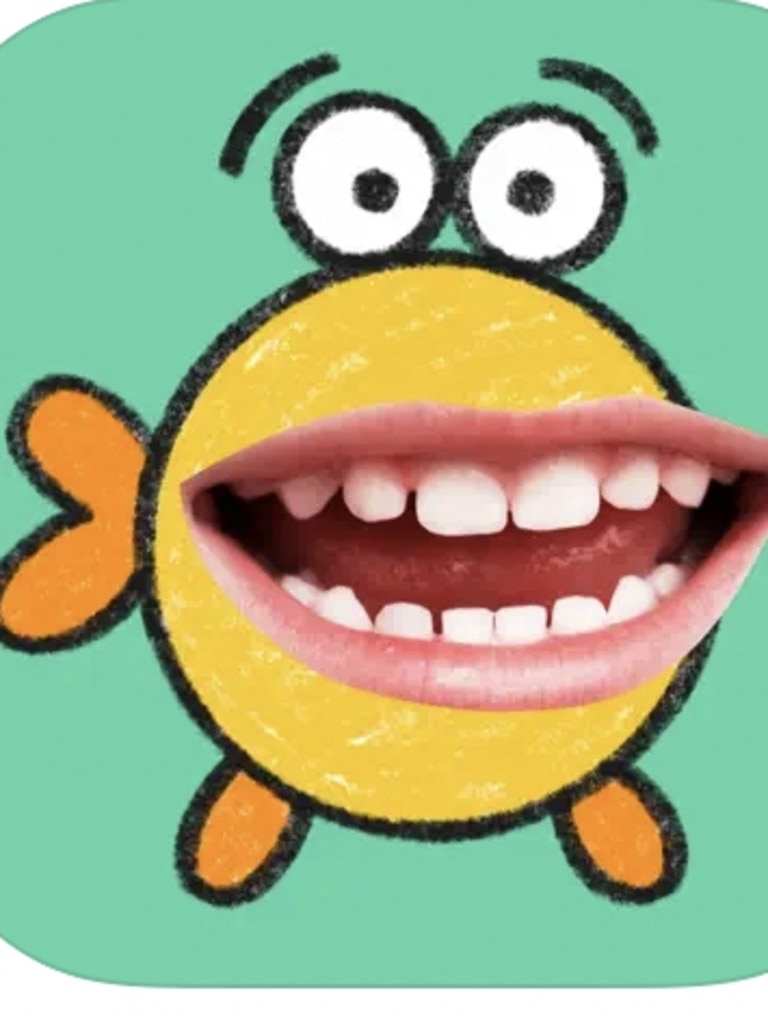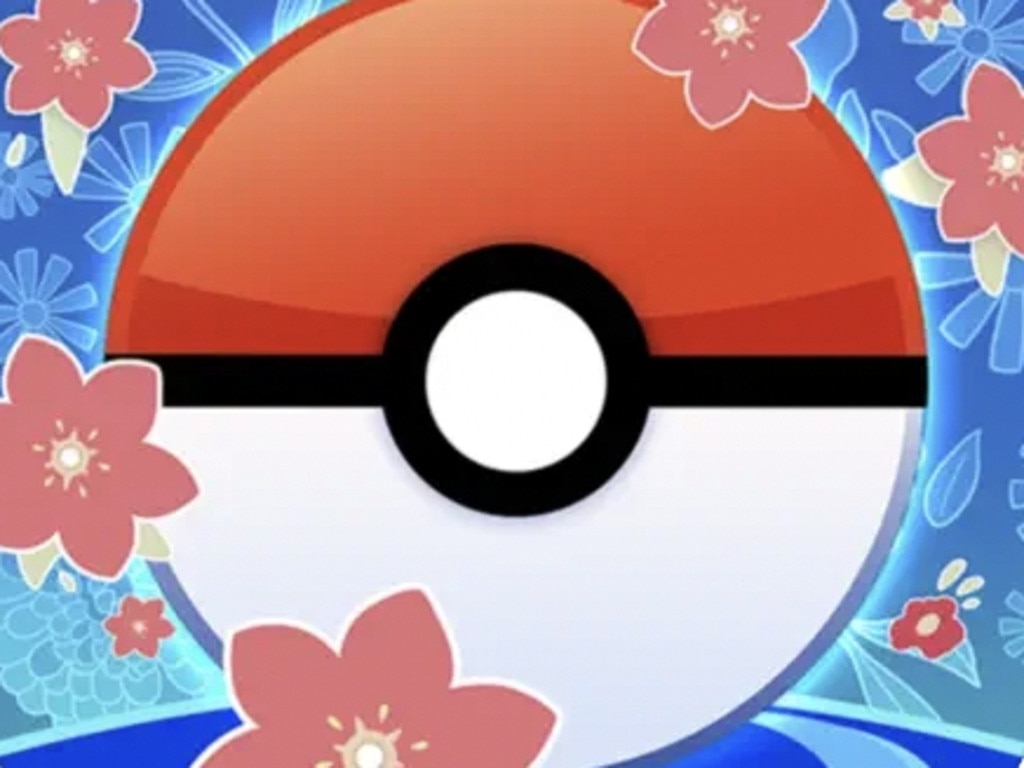Children’s apps caught harvesting and selling personal data as experts call for new privacy rules
A surprising list of apps designed for children have been caught harvesting and sometimes selling their personal information. SEE THE LIST.
Children are being monitored, and their location and other private information harvested and sold by thousands of apps across Apple and Google devices, according to new research, including many big-name games parents will recognise.
The privacy intrusion affects as many as two in five apps designed for children, according to one study, while another found as many as four million Aussie children may have had their privacy put at risk by educational software.
Experts warn the privacy threats are particularly concerning in Australia, where children do not have specific privacy safeguards, unlike other countries, and are calling for new regulations and education to “defend their rights”.

The new research from analytics firm Pixalate found 44 per cent of apps for children on Google’s Play Store could access personal information from young users, and 21 per cent of children’s apps in Apple’s App Store did not publish a privacy policy.
More than one in four apps for children requested access to a camera, and as many as five per cent transmitted users’ GPS locations and IP addresses to third-party companies in the advertising industry.
Shockingly, the analysis also found advertisers spent more than triple the amount on ads in apps aimed at children.
Western Sydney University technology and learning researcher Dr Joanne Orlando said the study proved children’s most private information, like their exact location, was being traded to the highest bidder, and often without their parents’ knowledge.
“When parents are choosing apps, they’re normally looking for whether it has age-appropriate content or whether there’s violence in the game,” Dr Orlando said.


“The idea of a child’s data being sold to whoever and wherever isn’t something that receives a lot of attention.”
She said the use of this information by advertisers was particularly concerning as young children found it difficult to recognise when they were being targeted.
“If you look at a typical seven-year-old, if a pop-up ad comes up in an app the child often can’t differentiate between the game and an ad,” she said. “It’s a very simple marketing strategy and it works so well on children.”
Another analysis of educational apps and websites for children by Human Rights Watch also found as many as four million Australian children may have had their privacy compromised.
Of apps analysed, 89 per cent tracked their young users, and employed “data practices that put children’s rights at risk, contributed to undermining them, or actively infringed on these rights”.

From just 146 educational apps, Human Rights Watch found children’s data was shared with 196 third-party companies, most of them advertisers.
Charles Sturt University data science expert Professor Ganna Pogrebna said the way children’s data was being used was particularly concerning as they were often too young to provide “informed consent”.
Parents may also accept terms and conditions blindly, she said, and assume children’s educational apps are safe to use.
“Some examples are Adobe Connect, Minecraft Educational Edition, and a local company called Education Perfect,” she said.
“Each of them poses a different kind of threat about how information is being collected and shared.”


Prof Pogrebna said Australian children also had no specific privacy protections, unlike in the US and Europe, and called for greater privacy protections for “groups that cannot give consent”.
“Regulation alone will not solve the problem though,” she said.
“We also need school programs and we need to educate parents about digital hygiene. You need to care about digital hygiene and don’t give away your data.”
Melbourne father-of-two Damian Corney said he and wife Adele kept a close eye on their eldest daughter’s iPad use, ensuring the six-year-old used child-friendly and often educational apps.
But the Grafico founder said there were still plenty of privacy pitfalls that were tricky to manage, including lengthy terms and conditions.
“We just had an instance on the weekend when she wanted to download Minecraft,” he said. “We downloaded it for $15 and had to accept a million clauses that came up. It is a concern.”
APPS TO WATCH OUT FOR
Pokemon Go: The hugely popular Pokemon-seeking app collects a host of data from users including their location, health and fitness details, and their friends’ information.
Animal Jam: The online animal game tracks users’ contact details, the device they use, and how often they use the app.
Messenger Kids: Facebook’s messaging app for children under 13 collects information from users and about their friends.
Roblox: The controversial gaming platform popular with children tracks their location, search history, and how they use the app.
YouTube Kids: Google’s video app for children tracks their personal information, location, and search history.

Animal Crossing: Pocket Camp: The app based on Nintendo’s cute game collects a user’s personal details, identifies their devices, and tracks how often they use the app.
ArtWorkout: This drawing app monitors users’ browsing history, their tech and use of the app.
Speech Blubs: Children who use this educational app are asked for their contact, health, and friends’ details.
Diner Dash Adventures: The role-playing game app tracks personal information and a lot of detail on how users play it.
Mario Kart Tour: The well-known kart-racing app asks users for more contact information than usual and tracks their device type. (Source: The Toy Zone)
Originally published as Children’s apps caught harvesting and selling personal data as experts call for new privacy rules


